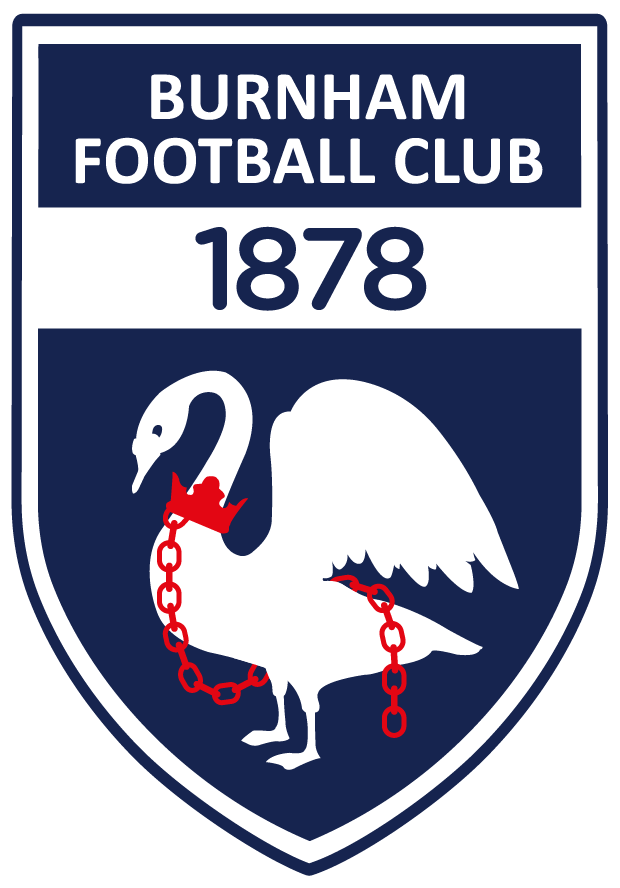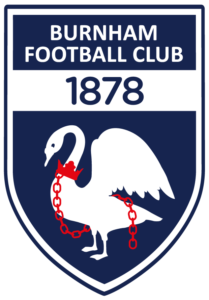Non-League Football explained
Non-league football is a term used to describe football clubs in England that play outside the professional leagues, primarily the Premier League, EFL Championship, League One, and League Two. These clubs are often part of the National League System (NLS), which is a tiered structure of football leagues in the UK. Non-league football encompasses a wide range of clubs, from community-based teams to those aiming for promotion into higher tiers of the league system. This level of the game offers an authentic and grassroots football experience that is incredibly popular with fans due to its accessible nature and local involvement.
One of the most exciting aspects of non-league football is the ability for clubs to climb up the football pyramid. The National League is the top tier of non-league football and sits just below League Two in the football league system. From here, teams can be promoted to the Football League, marking a significant achievement for any club involved in non-league football. The National League North and South also serve as feeder leagues for the National League, offering another opportunity for clubs to progress and rise in the ranks of English football.
In non-league football, competition is fierce, but it’s not only about the matches. Clubs often boast a strong community spirit, where supporters form close relationships with players and management. Fans play a key role in the atmosphere of non-league games, with many grounds offering a unique and intimate experience that larger stadiums cannot provide. Local derbies, passionate fan bases, and affordable ticket prices contribute to the charm of non-league football.
Another notable feature of non-league football is the FA Cup, the oldest national football competition in the world. While teams in the Premier League and Championship enter the competition at later stages, non-league clubs compete from the early rounds, often producing giant-killing performances against much higher-ranked teams. These matches, where smaller clubs upset professional teams, are a highlight of the football calendar, generating excitement and media coverage.
Non-league clubs are typically part-time operations, and many players juggle their football careers with regular jobs. This contrasts with full-time professionals in the top leagues. Despite this, the commitment and passion shown by non-league players are undeniable, and many players use non-league football as a stepping stone to move up the ranks of the professional game. For some, it’s a chance to build their reputation, while for others, non-league football remains a fulfilling career.
The non-league football scene is also known for its affordability, with lower ticket prices compared to Premier League and Championship matches. This makes it a popular choice for families and individuals looking to experience live football without the hefty price tag. Clubs rely heavily on matchday income and local sponsorship to survive, so fans attending games and supporting their local teams are vital to the continued success of non-league clubs.
In recent years, there has been a resurgence of interest in non-league football, as fans increasingly crave a return to more traditional, community-focused football experiences. Whether you are watching the local club from the stands or playing for a team in the lower tiers, non-league football remains an integral part of the UK football scene, offering passion, excitement, and the possibility of upward progression.
In conclusion, non-league football provides a unique and exciting aspect of English football, with its local focus, competitive spirit, and strong community ties. Whether you are supporting a team, attending a match, or enjoying the thrill of cup competitions, non-league football offers a football experience unlike any other.
Useful links
Back to Blues Talk



